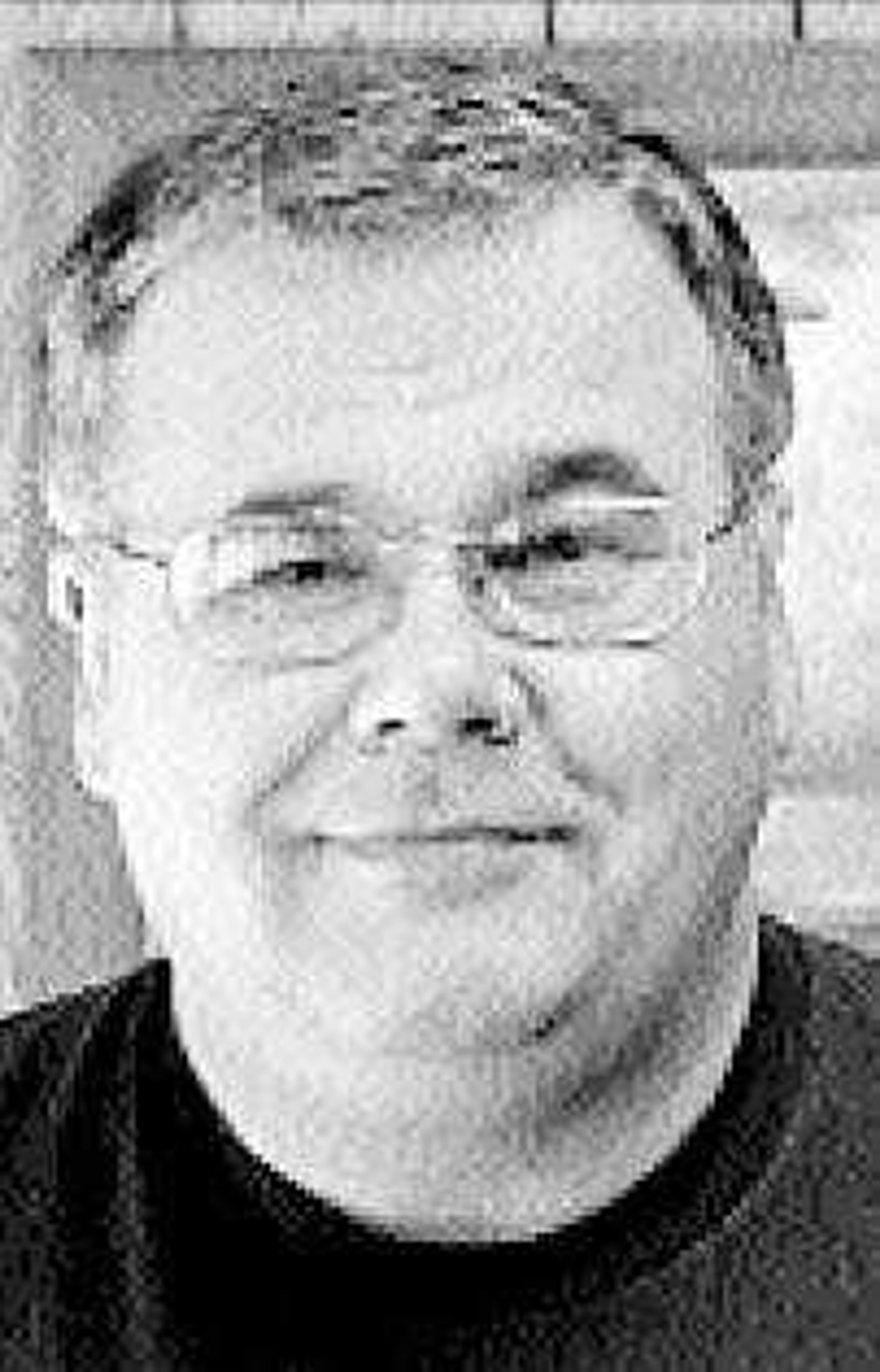Soviet missiles in Cuba
My generation had gone through elementary school practicing "duck and cover," the worthless exercise to convince us we could survive a nuclear war. We had watched as Civil Defense signs went up on public buildings to tell us where food, water and medical supplies were stored for use after that war. For children, the threat of a nuclear war became something we simply accepted as normal...
My generation had gone through elementary school practicing "duck and cover," the worthless exercise to convince us we could survive a nuclear war. We had watched as Civil Defense signs went up on public buildings to tell us where food, water and medical supplies were stored for use after that war. For children, the threat of a nuclear war became something we simply accepted as normal.
On Oct. 22, 1962, that threat of nuclear war suddenly became real when President Kennedy came on television that evening to tell the nation the Soviet Union was building sites in Cuba for launching medium-range missiles at the U.S. He announced that U.S. Navy warships would begin a blockade of Cuba the following day. All U.S. military forces were placed on alert at DEFCON 3 with the exception of the Strategic Air Command, which was placed on DEFCON 2, defined as "nuclear war is imminent." DEFCON 2 is the second highest military alert level, and this is the only time it has been activated. After Kennedy's announcement, Soviet ships in route to Cuba slowed or changed course except for the tanker Bucharest, which was allowed to cross the blockade line.
On Oct. 26, the U-2 spy planes that had discovered and photographed the missile sites found that work on the sites was continuing.
On the 27, Soviet Premier Nikita Khrushchev proposed ending the confrontation if the U.S. would remove its missile bases in Turkey and promise not to invade Cuba. Then, as the president and his advisers were debating further U.S. actions, tensions increased when a U-2 spy plane was shot down over Cuba killing its pilot. Senior U.S. military leaders proposed attacks and even an invasion of Cuba in retaliation. Kennedy rejected these proposals as a further move toward total war.
Negotiations continued and the U.S. agreed to dismantle missile sites in Turkey later, and on Oct. 28 Khrushchev announced the Soviet Union would immediately dismantle the Cuban missile sites. President Kennedy lifted the U.S. blockade of Cuba in November, ending the tense faceoff between two nuclear powers.
As the public watched the two nations face off for six days there was awareness of the very real possibility of escalation to nuclear war.
Jack Dragoni attended Boston College and served in the U.S. Army in Berlin and Vietnam. He resides in Chaffee, Missouri.
Connect with the Southeast Missourian Newsroom:
For corrections to this story or other insights for the editor, click here. To submit a letter to the editor, click here. To learn about the Southeast Missourian’s AI Policy, click here.










